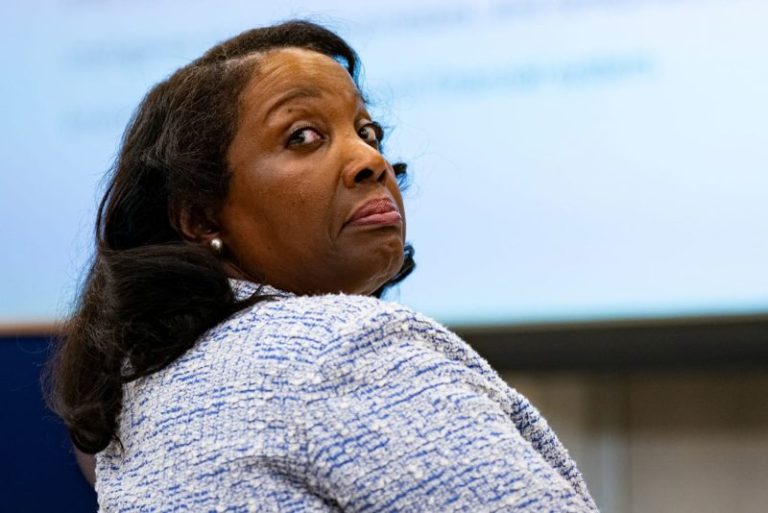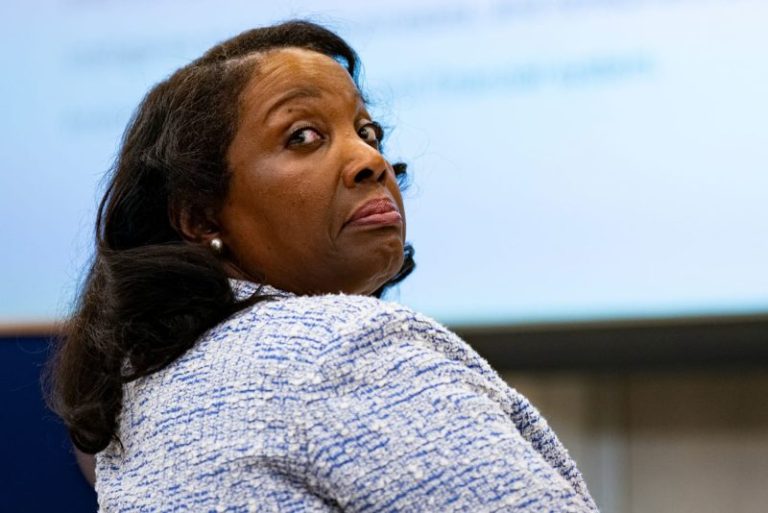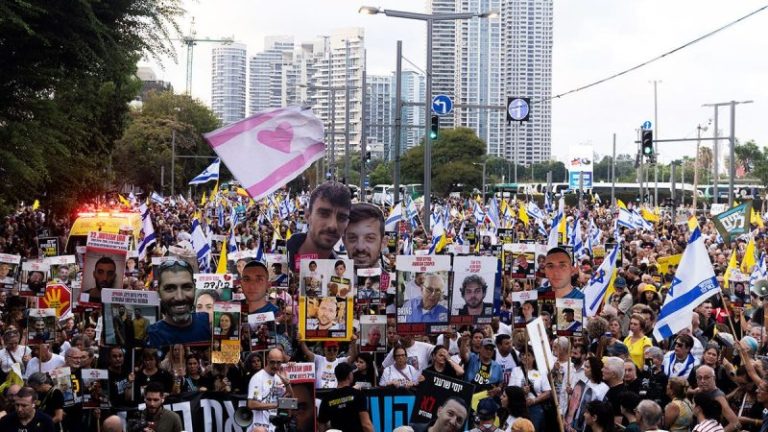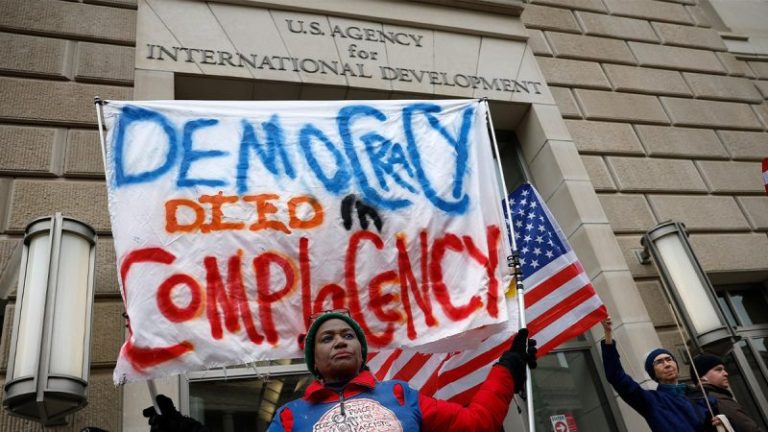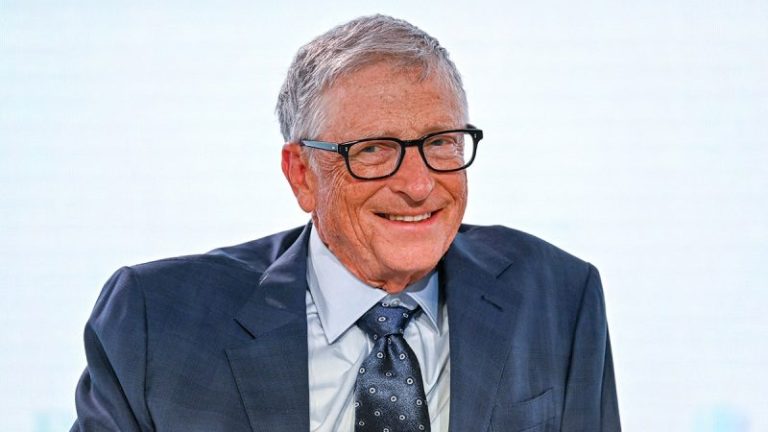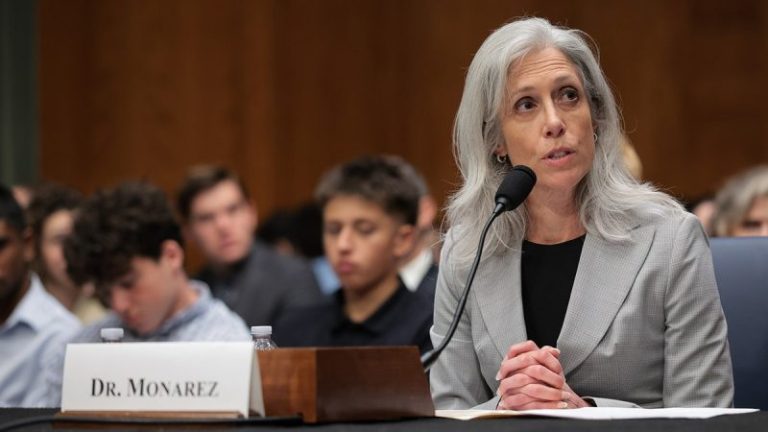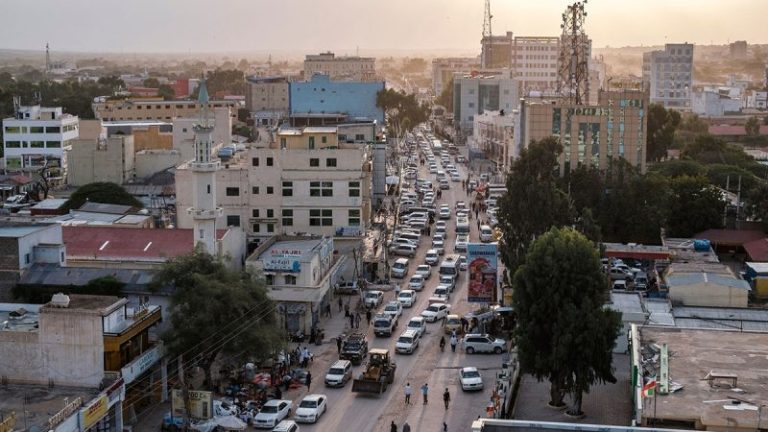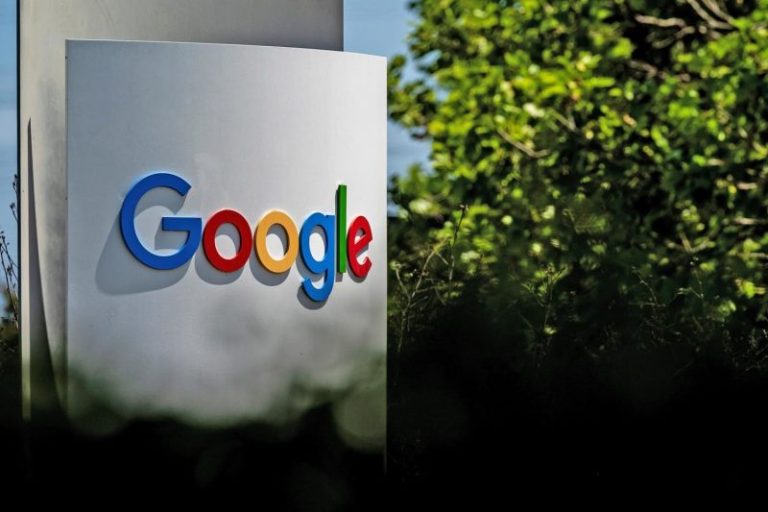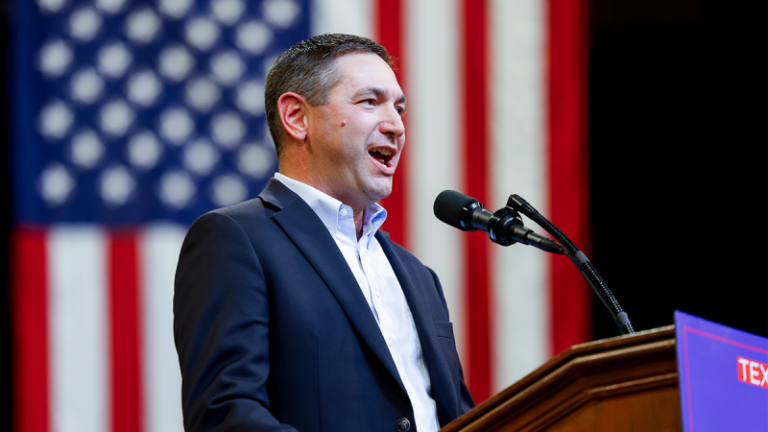The Trump administration’s latest allegations of mortgage fraud have raised questions about a long-standing housing issue known as owner-occupancy mortgage fraud. But that type of fraud can be difficult to prove, experts say.
President Donald Trump announced in a Truth Social post on Monday night that he was removing Federal Reserve governor Lisa Cook. He cited allegations made by Federal Housing Finance Agency Director Bill Pulte that Cook committed mortgage fraud by claiming homes in two different states as her primary residence at the same time.
Cook’s attorney on Tuesday said Cook will file a lawsuit to challenge her removal.
“President Trump has no authority to remove Federal Reserve Governor Lisa Cook,” the lawyer, Abbe Lowell, said in a statement.
The Justice Department has also recently targeted Sen. Adam Schiff, D-Calif., and New York Attorney General Letitia James with similar mortgage fraud allegations.
Here are the key things to know about owner-occupancy mortgage fraud, according to experts.
The main reason a borrower could be motivated to claim a primary residence on a mortgage application is to get a lower interest rate for that home.
Typically, mortgages for a primary residence have lower interest rates and homeowner’s insurance costs, said Keith Gumbinger, vice president of mortgage website HSH.
Mortgage interest rates are generally 0.5% to 1% higher for investment properties than for primary homes, according to Bankrate. Homeowners also typically pay about 25% more for insurance as a landlord compared with a standard homeowners policy, according to the Insurance Information Institute.
Owner-occupied means “you’re going to live there the majority of the time,” Gumbinger said. But there are limited exceptions, including for military service, parents providing housing for a disabled adult child or children providing housing for parents, according to Fannie Mae.
If a homeowner changes primary residences, they need to inform their mortgage lender that the original property is no longer owner-occupied, Gumbinger said.
There are also federal and state tax benefits for primary residences, according to Albert Campo, a certified public accountant and president of Campo Financial Group in Manalapan, New Jersey.
For example, when an owner sells a home and makes a profit, they can take a capital gains exemption worth up to $250,000 for single filers or $500,000 for married couples filing jointly, as long as they meet certain IRS rules, including owner occupancy for two of the past five years.
For tax purposes, a homeowner can have only one primary residence at a time.
When a taxpayer owns more than one home, proving which one is the primary residence is “always based on facts and circumstances,” Campo said. For example, a primary residence is typically where an owner spends most of their time, votes, files their tax returns and receives mail, he said.
A 2023 report from the Federal Reserve Bank of Philadelphia found that more than 22,000 “fraudulent borrowers” misrepresented their owner-occupancy status, out of 584,499 loans originated from 2005 to 2017. The data was based on a subsample from more than 15 million loans originated during this period.
Typically, the fraudulent borrowers took out larger loans and had higher mortgage default rates, the authors found.
However, this type of fraud may be “difficult to detect until long after the mortgage has been originated,” the authors wrote.
“There is a difference between the court of law and the court of public opinion,” Jonathan Kanter, a law professor at Washington University in St. Louis and a former assistant attorney general, told CNBC’s “Squawk Box” last week when asked about Cook. “In the court of law, this is small ball and very difficult to prove.”
“You’d have to establish not only that she filled out the form incorrectly, but she had the specific intent to deceive, to defraud banks, as opposed to just making a mistake,” he said.
During fiscal year 2024, 38 mortgage fraud offenders were sentenced in the federal system, according to the United States Sentencing Commission’s interactive data analyzer. That number is up slightly from 34 offenders in 2023, but down from 426 offenders in 2015, the earliest date in that tool’s dataset. The U.S. Sentencing Commission data does not break out the types of mortgage fraud.

